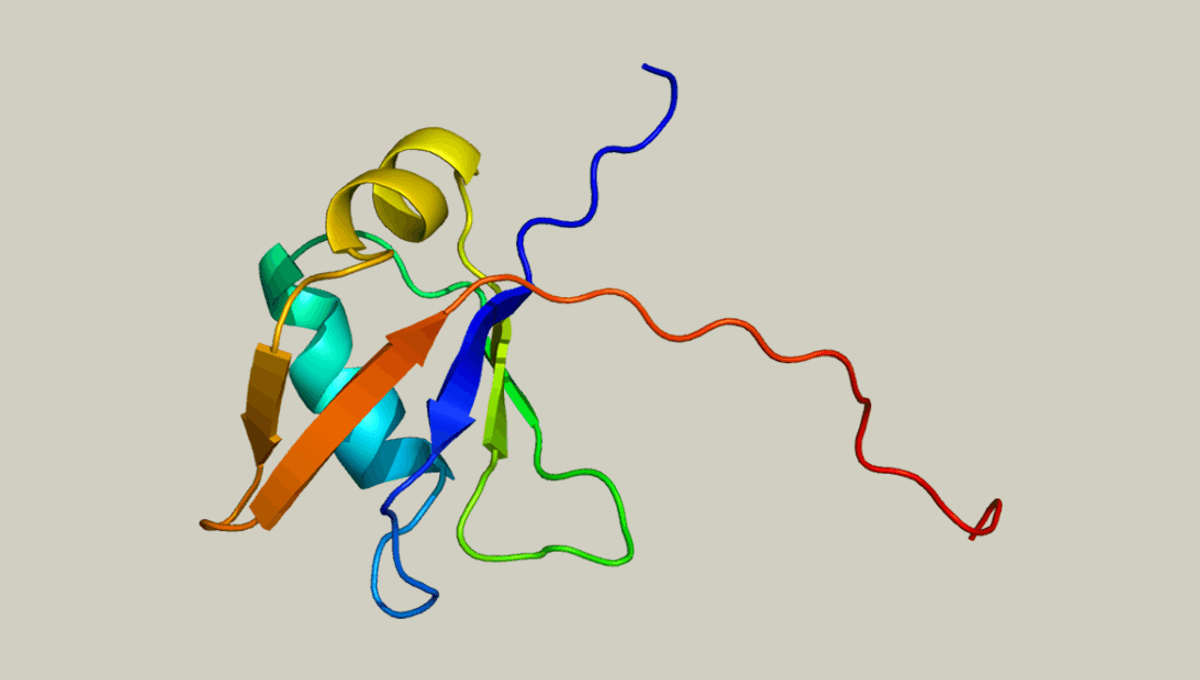
Scientists have discovered a previously unknown biochemical change that occurs in the brain cells of patients with motor neurone disease (MND), contributing to the rapid neurodegeneration that characterizes this devastating disease. Though still in the early stages of investigation, it’s hoped the discovery could be pivotal in developing treatments that could “change the course of the disease” by halting the progression of symptoms following diagnosis.
The discovery centers around biochemical changes to a protein called TDP-43 that’s found in every cell of the body but plays a particularly vital role in the cells in our brains that control voluntary muscle movement. These brain cells are called motor neurons, and they are key to the disease progression seen in MND.
The researchers used CRISPR gene editing to look at how TDP-43 behaves in genetically modified mice with MND, allowing them to see the protein in live cells for the first time. They then ran two research projects to study how TDP-43 malfunctions in the motor neurons of MND-affected mice.
“We found diseased versions of TDP-43 can damage healthy versions of the protein, which may create a cycle of protein dysfunction and degeneration over time,” said corresponding author on the new study Dr Adam Walker in a statement.
“We also discovered that biochemical pathways which control neuron death are triggered early, even before MND symptoms begin. To change the course of the disease we need pharmaceutical drugs that can prevent neuron death and this TDP-43 protein dysfunction.”
Their studies also showed that the efficacy of a treatment may depend on the stage at which it’s deployed, as neural pathways in the brain appear to change as the disease progresses. This means a treatment that’s effective early on in the development of MND might not be effective at a later stage, and vice versa.
The researchers are now working on interrupting the cycle of TDP-43 protein dysfunction by administering medications in their mouse models, with hopes that if they see positive results it could one day be applied to humans.
“We are now treating genetically modified mice with MND with different pharmaceutical drugs that specifically target the underlying causes of the disease, and correct the disease mechanism,” said co-author Sean Keating.
“Our aim is to stop the TDP-43 degenerative cycle and halt the progression of the disease. This research improves our understanding of MND, and we hope it will play an important role in the fight against the disease.”
The two studies are published in Molecular Psychiatry and Cellular and Molecular Life Sciences.
Source Link: Huge Motor Neurone Disease Discovery Could Inspire Treatment Options To Halt Progression